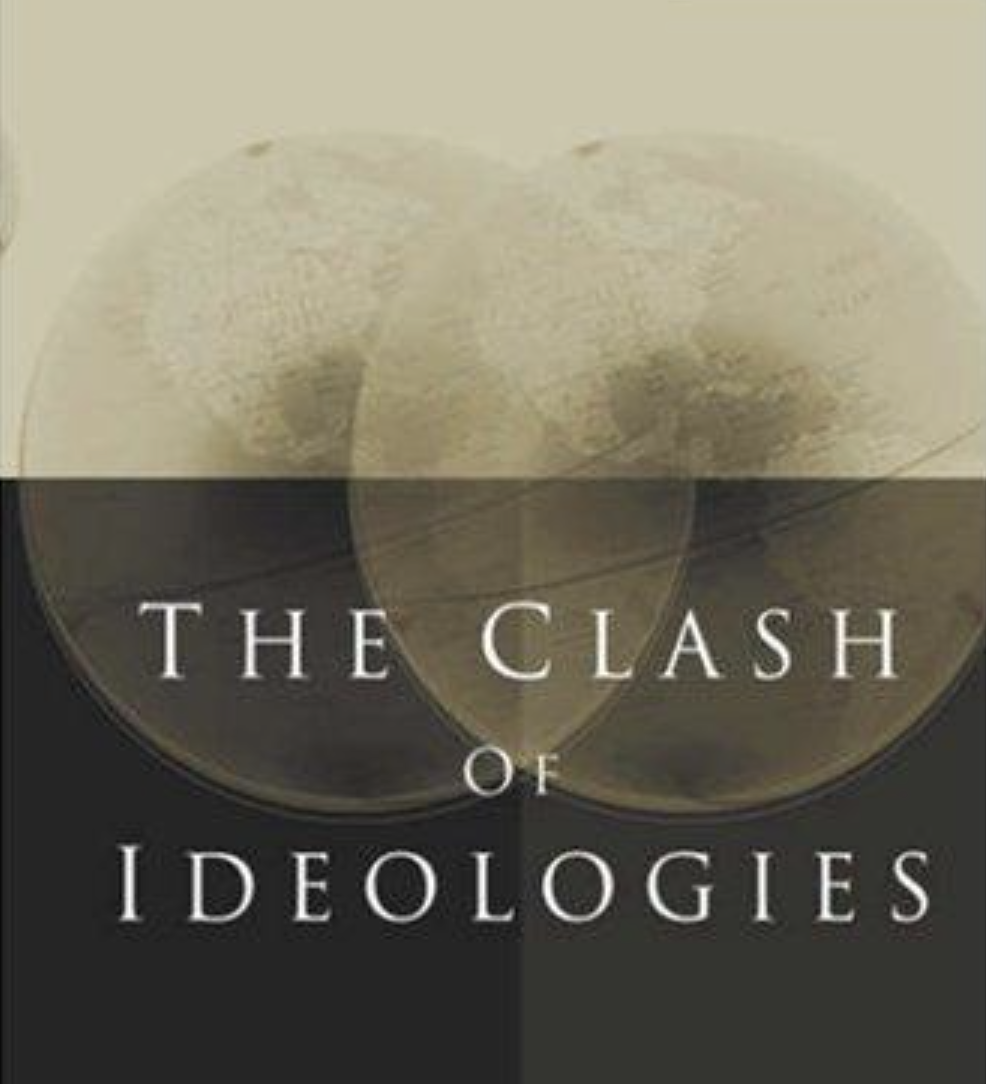Short Courses

Work-Life-Hereafter Balance
It is true that working to earn a livelihood is an important aspect of many religious teachings, including those of the Ahlebayt (a). However, it is also important to balance this with our responsibilities to society, family, and the afterlife. It can be challenging to find time for these other obligations, but it is important to make an effort to prioritize them and ensure that we are fulfilling our obligations to all areas of our lives. This can help to improve our overall well-being and ensure that we are living in accordance with our religious beliefs.
Maintaining a healthy balance between work, personal life and spiritual obligations is crucial for overall well-being and productivity. Neglecting any of these aspects can have negative effects on mental, physical, and spiritual health and can also impact those around you. According to Imams of Ahlebayt (a), the goal is to achieve balance in all aspects of life and not to prioritize one over the others.
Our program on balancing work, personal life, and spiritual obligations will equip individuals with the necessary tools to increase productivity, manage stress, and limit distractions. Whether facing issues such as feeling overwhelmed, lack of time with family, high stress levels, or burnout, our program, guided by the teachings of Imam Sadiq (a), aims to guide individuals towards the ultimate goal of achieving happiness.

Sources of Knowledge in era of misinformation
Misinformation is everywhere. But you can outsmart it.
Our program will focus on examples of misinformation in various areas such as politics, health, travel and climate, to provide attendees with the skills to identify false information and find reliable sources. We will not impose any specific opinions or views on topics, instead the goal is to empower individuals with the ability to recognize misleading, false or harmful information online. By equipping attendees with these tools, they will be able to make informed decisions based on credible and trustworthy information.
In today's fast-paced and highly connected world, it's more important than ever to be able to critically evaluate the information we consume. With the abundance of information available online, it can be challenging to distinguish between credible sources and misinformation. This is particularly true with the rise of social media as a primary source of news and information. This Teach-Out aims to equip attendees with the skills to navigate this complex landscape, identify fake news and disinformation, and develop media and information literacy skills to make informed decisions.

Ideological paradigms in current times
We will explore how four competing ideological viewpoints i.e., Murjites, Kharijites, Mutazilites and Asharites are at heart of current debate on society, culture, values, and beliefs.
The Murji'ah (also spelled Murjites) were a sect of early Islamic theology that believed in postponing judgment of moral issues to God, and not making theological distinctions between Muslims. They emphasized the unity of the Muslim community and the importance of individual faith and action in determining salvation. The Murji'ah were opposed by the Kharijites, who believed in expelling or killing Muslims who committed major sins. The conflict between these two groups was one of the early theological debates in the history of Islam.
The Mu'tazila (also spelled Mutazilites) were a sect of early Islamic theology that believed in the use of reason and independent judgment (ijtihad) i n interpreting the Quran and Hadith. They emphasized the concept of justice (‘adl) and the absolute unity of God (tawhid). They believed that the Quran was created by God and that human actions have a direct impact on salvation. The Mu'tazila were opposed by the Ash'arites, who believed in the uncreated nature of the Quran and the concept of predestination. The conflict between these two groups was one of the early theological debates in the history of Islam.

Analysis of Messianic Movements in nineteenth and twentieth century
Messianic movements are religious movements that believe in the coming of a savior or a messiah who will bring about a new era of peace, justice, and prosperity. These movements can be found in many different religions, including Judaism, Christianity, and Islam.
In Islam, messianic movements believe in the coming of the Mahdi or the "rightly guided one", who will appear before the end of times and will restore justice and peace on earth by establishing an Islamic state.
Throughout history, there have been various movements led by individuals who claim to be the "Mahdi" or savior, promising to bring about a new era of peace and prosperity during times of economic and social hardship. Many of these movements are false, led by imposter leaders who take advantage of an oppressed population.
This course will explore some of these movements and provide attendees with the tools to recognize and identify false claims of being the "Mahdi."

Upbringing of an ethical child
This course is designed for parents, caregivers, and educators who are interested in learning about how to raise children with strong ethical values as espoused by Quran and Ahlebayt (s). The course will cover various topics related to ethics and moral development, including the role of parents in shaping a child's values, the importance of modeling ethical behavior, and the use of discipline and punishment in promoting ethical behavior.
The course will utilize psychological models such as Social Learning Theory, Behavioral theory, Cognitive-behavioral theory, Humanistic theory, and Attachment theory in order to gain insight on how to shape a child's behavior. Additionally, the course will incorporate sociological models such as Socialization, Cultural-Ecological Model, Social Constructionist Model, Social Control Theory and Social Exchange Theory to further understand and shape child behavior.

